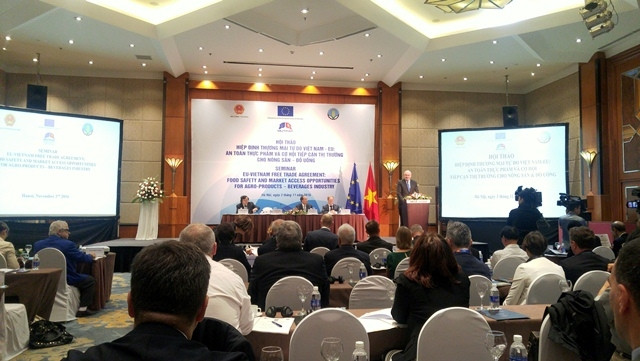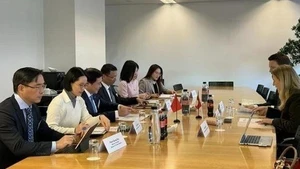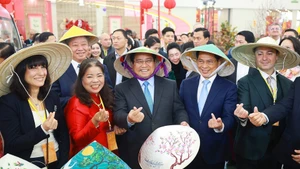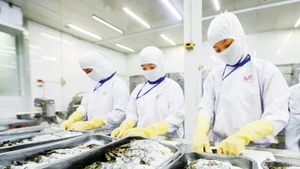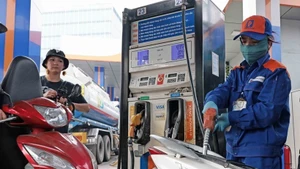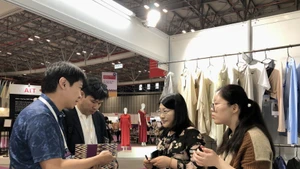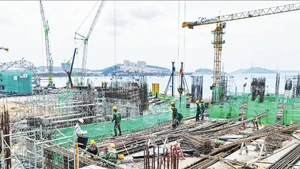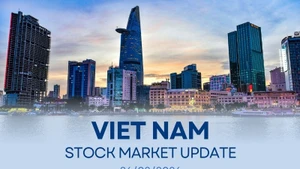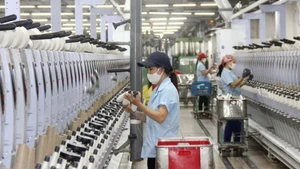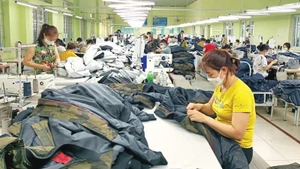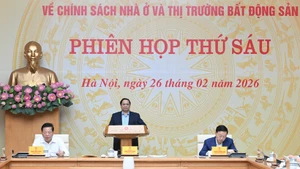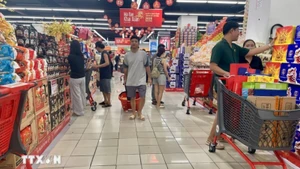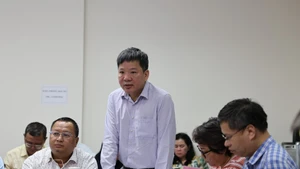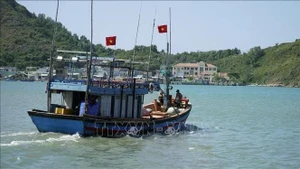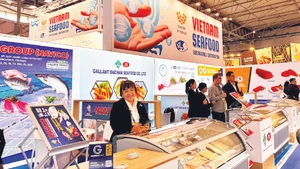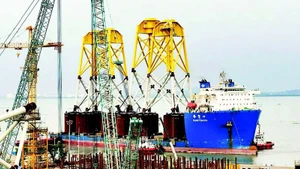Co-organised by the EU Delegation to Vietnam and the host’s Ministry of Industry and Trade (MOIT), the event saw the participation of the EU Commissioner for Agriculture and Rural Development, Phil Hogan, and a high-level mission of 42 agro-food businesses from the bloc, along with domestic businesses and enterprises.
As the EU-Vietnam Free Trade Agreement (EVFTA) negotiations were concluded in late 2015 and the entire written agreement was published in February 2016, the two sides are expected to officially close the deal over the next few months.
The agreement promises great potentials for increased trade and investment flows between Vietnam and the EU due to tariff reduction schedules and the market access commitments, to which agro-products are not outside of such trends.
Speaking at the conference, MOIT Deputy Minister Cao Quoc Hung noted that in 2015 the EU was the 2nd largest importer of Vietnamese goods with a turnover of over US$30 billion, accounting for 19% of total exports, while also the fifth largest exporter to the Southeast Asian country with over US$10 billion.
Especially, in foods and beverages, both Vietnam and the EU have a rich and well-known culinary culture, so in addition to preferences in market access brought about by the agreement, the two are more conducive to cooperate in the fields due to the complementary interplay between Asian and European culinary culture, Hung added.
According to EU Commissioner Phil Hogan, the EVFTA will bring about tremendous opportunities for both sides, while helping to facilitate relations between Vietnam and the bloc.
The EU official also said that with the EU’s experiences in developing technical requirements for food and agro-product exports, the bloc will share and support Vietnam in the field as a reliable partner.
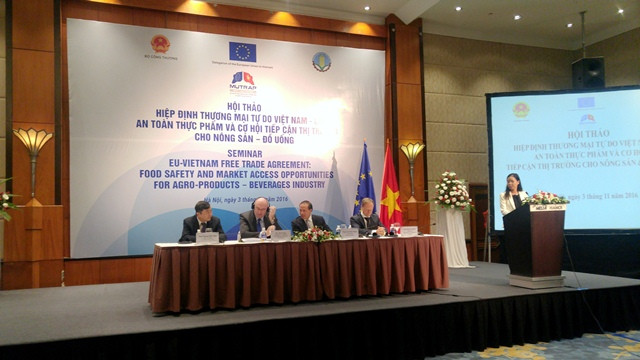
EU Commissioner Phil Hogan (second from left) leads a high-level mission of 42 agro-food businesses from the bloc to the event. (Credit: Nghiem Trung/NDO)
Sharing some information related to the requirements of exporting agro-products to the EU market, Hogan said that European consumers want to know where the food is sourced from and how it was produced. The product must meet the requirements of quality, food safety, and traceability.
Noting that at present, the agro-forestry and fisheries products from Vietnam have been exported to 160 markets around the world, Phung Huu Hao, Deputy Director of National Agro-Forestry-Fisheries Quality Assurance Department under the Ministry of Agriculture and Rural Development, emphasised that with high quality standards for food, the EU’s recognition of foods and agro-products from Vietnam to this market would be regarded as an “instant visa” for Vietnamese goods to enter other markets.
He also expressed his wish that the EU would continue its support to Vietnam to upgrade laboratory equipment, training for lab staff to test residues of plant protection products in agro-products, and training for inspectors in the field of agricultural products and foodstuffs.
At the event, delegates discussed contents regarding Vietnam’s system of importing plant and animal products, promoting sustainable agriculture and improving product quality, importing and distributing wine and spirit products in Vietnam, and opportunities to invest in agro-food sector in Vietnam following the EVFTA.
The event also aimed to offer opportunities for business communities from both sides to update information on commitments made in the FTA and the tariff reduction schedules, as well as existing regulations in both markets for food safety, investment, distribution, and licencing of food products and beverages. They also agreed to opening up new opportunities for cooperation and bring potential variables promised in the agreement into reality.
